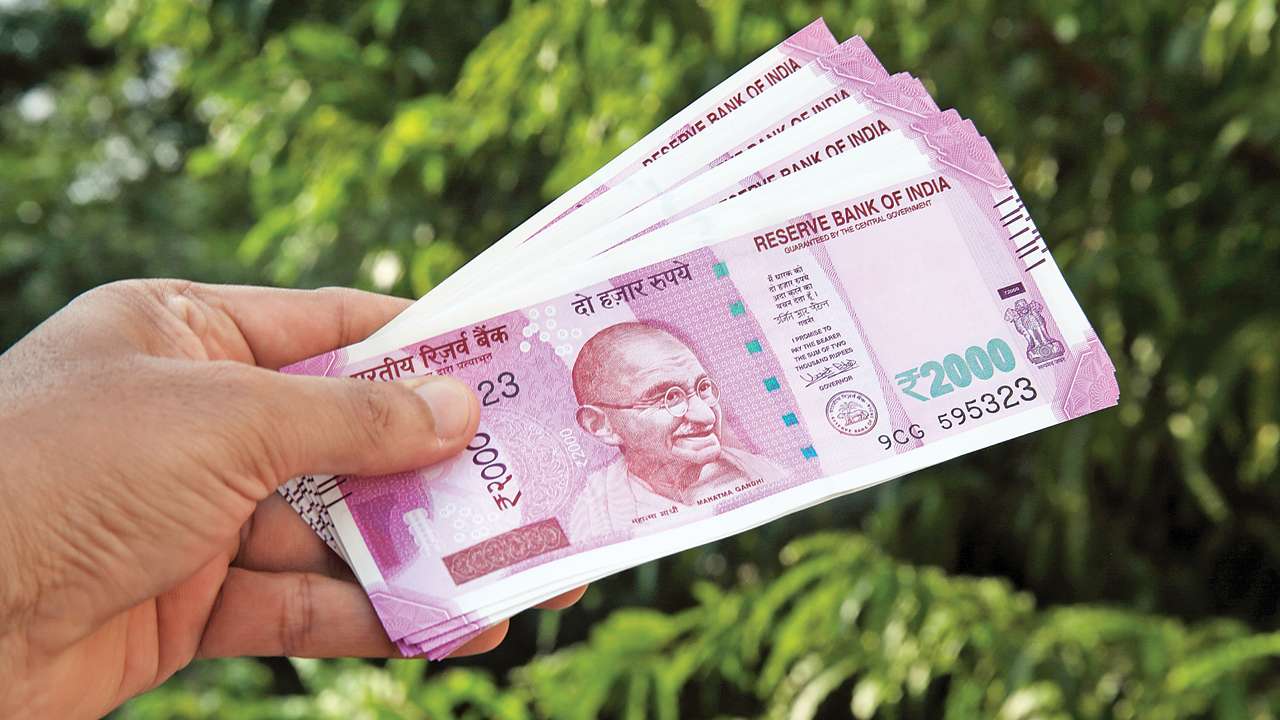
Labour reforms, long overdue in India, could have got their first leg up. By clearing the long-awaited Code on Wages Bill, the government has signalled its intent to reform India’s labour policies.
The Code on Wages is the first of four proposed labour bills, long envisaged to replace 44 archaic labour laws. The government hopes to clear the bill, as it has been scrutinised by a Parliamentary Standing Committee. While the current Minimum Wages Act and the Payment of Wages Act apply only to employees engaged in certain kinds of jobs, the Code on Wages allows provisions of minimum wages to cover employees in both the organised and unorganised sectors.
The bill also states that minimum wages must be revised by the central or state governments every five years. The political consensus around labour laws is typically difficult to achieve, as they are considered, among others, risky.
The UPA government had originally planned to simplify the complex and archaic labour laws into just four codes. The plan, however, could not see the light of day as the Congress-led coalition, surviving on outside support, didn’t have the numerical strength to push labour reforms through Parliament.
Likewise, the NDA government’s first attempt in the area of labour reforms in 2017 was thwarted by the opposition. The Wage Bill was introduced in the Lok Sabha in August 2017, but lapsed at the end of the 16th Lok Sabha.
Therefore, the government deserves credit for trying yet again, to rationalise labour laws. Even at the height of economic liberalisation in 1991, the labour sector remained untouched. Among the changes suggested by the Standing Committee in 2017, was to remove the distinction between “employees” and “workers”, and to eradicate gender discrimination not just in wages, but also in recruitments and transfers. One can hope with a stable government at the Centre, a long-standing issue of import is resolved.